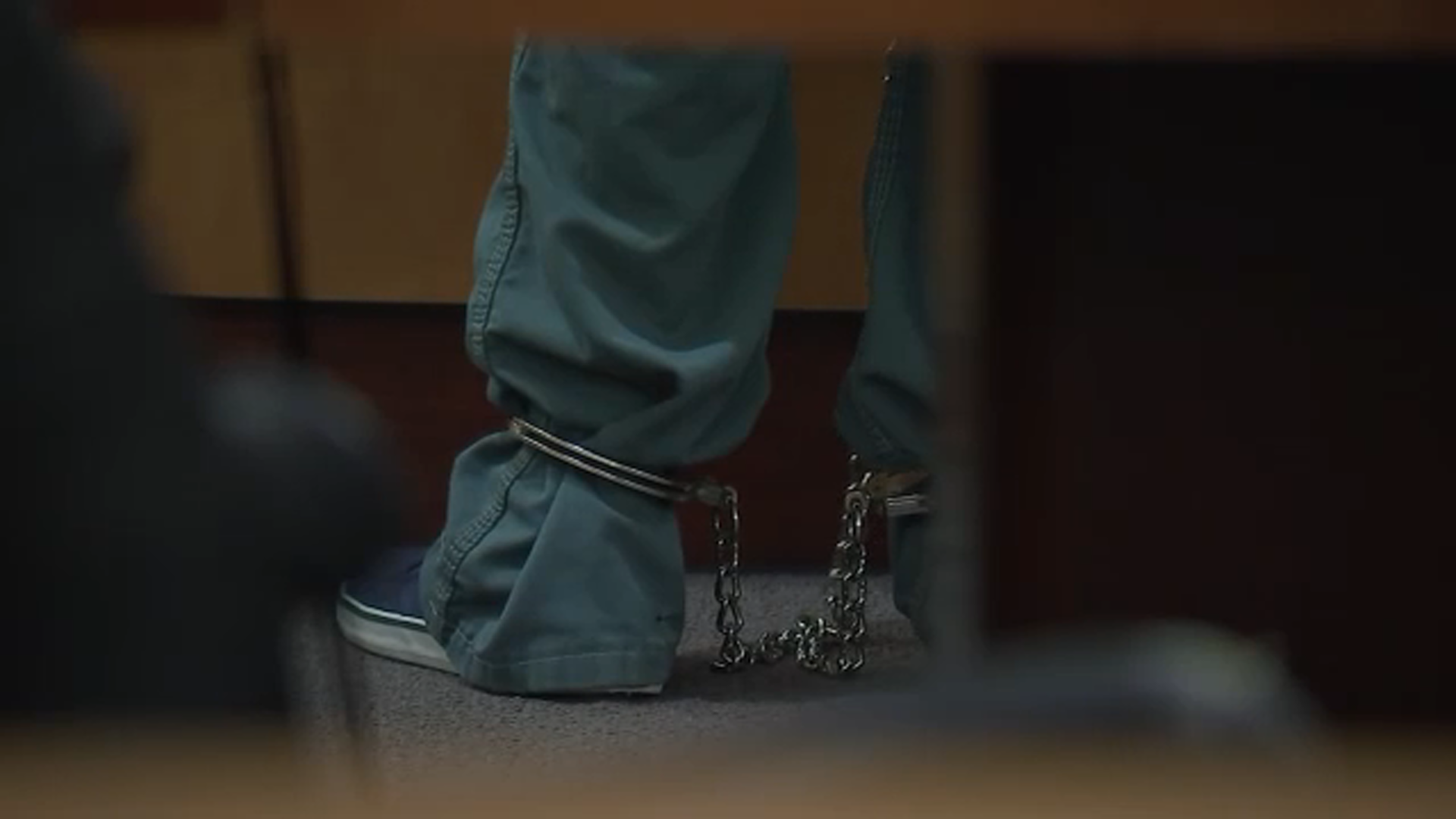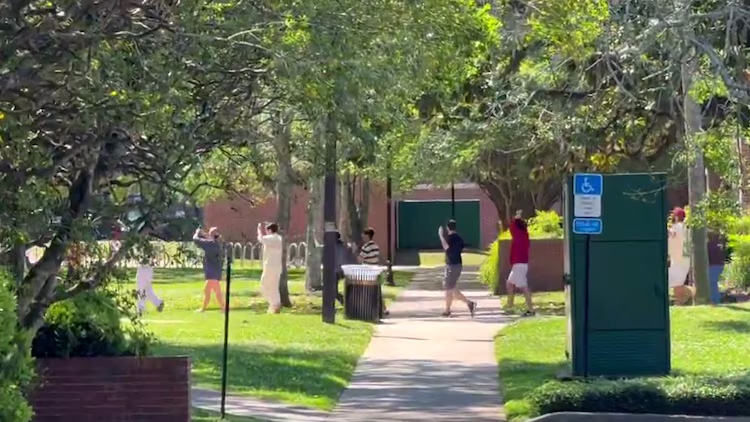13 Investigates how open records law helps shine a light on government
HOUSTON, Texas (KTRK) -- Whether it's investigating controversial decisions by local governments or digging into how those agencies spend taxpayer money, 13 Investigates relies on open records laws to get copies of internal documents, datasets and even emails and text messages between government officials all so we can hold our leaders accountable.
This week is Sunshine Week, a nationwide week dedicated to "shining the light" on the importance of public records and open government.
"Sunshine Week is so important and not everybody knows about it," said Kelley Shannon, executive director of the Freedom of Information Foundation of Texas. "The government, if it operates in the dark, we - the people, the citizens - we are in the dark and we don't know what our government is doing, so these laws, sunshine laws, open government laws are super important for everyone in our state."
Under the Texas Public Information Act, anyone can request information from a government agency and by law should receive a response from them within 10 business days.
The response can range anywhere from the agency providing the requested documents, to providing a cost estimate for those documents, or asking the Texas Attorney General if they can withhold the documents for one of the acceptable reasons outlined by the act.
13 Investigates wanted to put the law to the test and sent out a simple request for employee rosters at two dozen city, county and state agencies.
An hour and 20 minutes after sending Texas City our request, they responded with a list of all of their employees.
The City of Conroe and Conroe PD responded a few hours later. Cypress-Fairbanks Independent School District, Missouri City and the City of Galveston all filled our request the next day.
Over the next 10 business days, the rest of the responses trickled in, with the Houston Independent School District, the Texas Department of Emergency Management and the City of Houston all sending their responses right on the 10-day mark.
The only employee roster we were left waiting on was from the Houston Police Department. We reached out to them to ask for an update and after paying an $18 fee, they responded within the 10 days saying they were working on the request but never provided an estimate.
We received the roster a month later after we called to ask about it.
HPD and the City of Houston, which sent a $3.75 invoice for their employee roster, were the only two agencies who charged us for the information.
Shannon said there are some stalling tactics government agencies will use to delay or block the release of information.
For example, she said some agencies may continue to ask for clarifications saying they don't understand what the requestor is asking for, even if it is clear.
"Each time they ask for that clarification, it resets the time clock," she said.
The open records law also outlines some reasons why information can be withheld. In those cases, the agency can ask for an opinion from the Texas Attorney General, who will review the case and issue a ruling within 45 days.
But, Shannon said sometimes agencies take advantage of that option as a stalling tactic.
"Maybe they're seeking an attorney general's ruling saying, 'hey, we don't want to release this information. We think it falls under an exception to release' when really it doesn't," she said. "All that does is add time on and stalls the information from being released."
Agencies are also allowed to charge $15 an hour for labor when compiling information for a request, and a 20% overhead charge in addition to charges for things like paper copies, CDs and postage.
"Sometimes there's a huge charge or cost estimate that is given to the person and it's unwarranted, and that intimidates that requestor and the citizen goes, 'oh, well never mind. I don't want to mess with that. That's too expensive,'" Shannon said. There's a lot of ways that the stalling and roadblocks can happen."
Shannon said police reports are the most requested open records, but there are a number of things people can request.
Earlier this year, a 13 Investigates open records request for all transactions made by the then-chief of staff for former Mayor Sylvester Turner uncovered a $960 transaction on her city-issued credit card.
The city told us it was for "pictures of Mayor Turner's last days in office with staff."
We also requested credit card statements from Harris County Judge Lina Hidalgo's staff, which shows since the start of 2023 her office spent $3,777 for preferred and economy plus seating upgrades on 75 different flights for her and her staff.
Hidalgo's office explained the expenditure in a statement to 13 Investigates:
Judge Hidalgo's office always tries to book the lowest fare available when any travel is booked, and only books economy rather than basic economy seats when there are no other options-for example when she has been called to the White House at the last minute. The required fees average $50 per passenger, are many times below $37 and are all for economy seating. Also important to note that the $3777 is over a year time period for flights booked since January 2023. This total also includes airline credits that will be applied to upcoming County business travel.
Shannon said more Texans are becoming more familiar with open records laws and understanding the rights they have to information the government maintains.
"The Texas Public Information Act is there for everyone to use. It's not just for journalists, although journalists use it a lot, but regular citizens use it all the time," she said. "Perhaps they're trying to check on spending in their local school district or city council and they're wanting some records and looking at how the money is flowing. Perhaps they're looking at roads and bridges in their community and are they safe and have they passed their inspections?"
If an agency doesn't respond to your request within the required 10 business days, you can file a complaint with the Texas Attorney General or file a civil lawsuit. But, there's not too many other remedies to fight against an agency who isn't complying with the open records law in Texas.
"We at the Freedom of Information Foundation are always trying to put more teeth in the law and more enforcement mechanisms in the law to make sure that everybody follows it and in a timely fashion," Shannon said.
For updates on this story, follow Kevin Ozebek on Facebook, X and Instagram.
Contact 13 Investigates
Have a tip? A problem to solve? Send a tip below. If you don't have a photo or document to include, just hit 'skip upload' and send the details. (On mobile? You can open our form by tapping here.)











